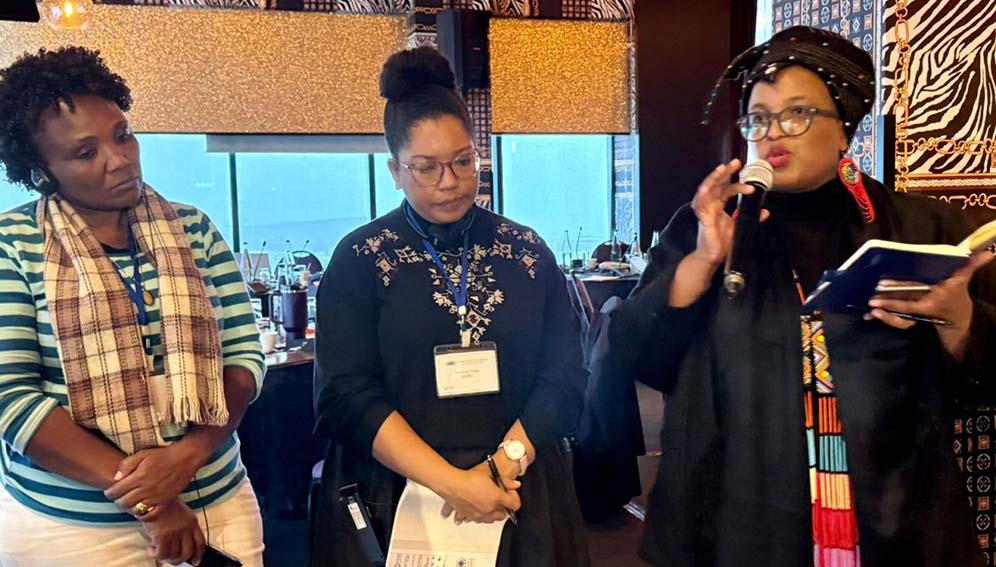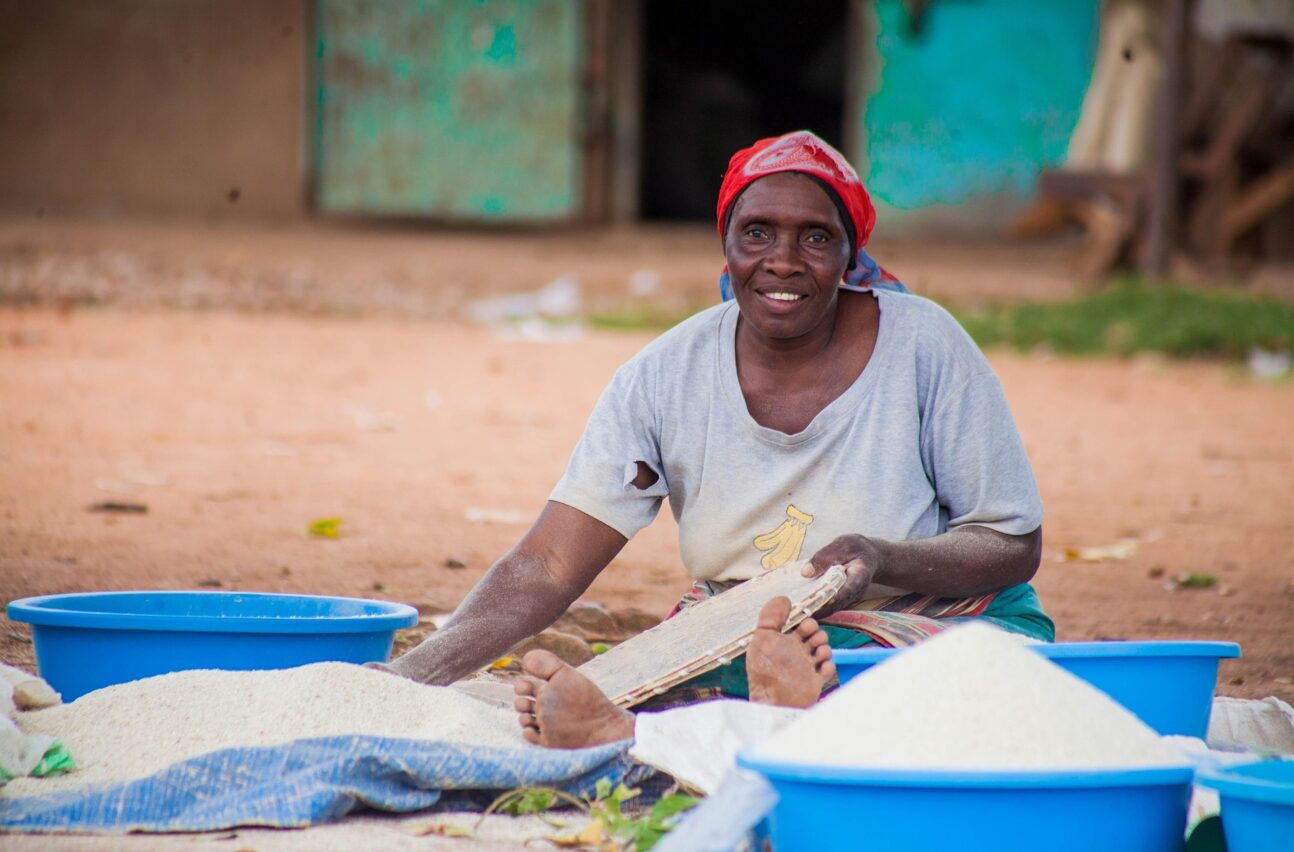SGCI News
It is with deep sadness that the Science Granting Councils Initiative (SGCI) in Sub-Saharan Africa family has learnt of the untimely passing of Mr. Filipo Zulu, Acting Executive Secretary, National…

It is with deep sadness that the Science Granting Councils Initiative (SGCI) in Sub-Saharan Africa family has learnt of the untimely passing of Mr. Filipo Zulu, Acting Executive Secretary, National Science and Technology Council (NSTC), Zambia.
Since the inception of the SGCI, Mr. Zulu has led engagements of the SGCI, initially as the SGCI coordinator and subsequently as the Head of Research Council, Zambia.
His wisdom, leadership, and exceptional contribution to the initiative and to strengthening science, technology, and innovation (STI) capacities in Zambia, in the Southern Africa Development Community, and continentally are celebrated and will be sorely missed.
Filipo was instrumental in incubating and implementing various bilateral and multilateral engagements between NSTC and other science councils on and beyond the African continent.
He was passionate about the link between science and policy and saw a key role of science granting councils in catalysing greater engagement at this interface.
He was passionate about building an enabling environment to build research capacity and leadership in Zambia and for the continent.
He was passionate about the role of science granting councils in science engagement, especially with society in general, with the next generation of scientists and academics, and with industry players.
The SGCI family joins Filipo’s family and friends, the NSTC network, and the science, technology, and innovation fraternity in mourning the loss of a beloved colleague and friend.
Related News
TETFund, Innov8 Hub showcase innovations at research demo day
The Tertiary Education Trust Fund (TETFund) and Innov8 Hub have concluded the Science Granting Councils Initiative (SGCI) Demo Day, an event that highlighted Nigeria’s growing capacity to transform academic research into market-ready solutions. TETFund, Nigeria’s representative council for SGCI, partnered with Innov8 Hub to support…
HSRC pushes for inclusive research systems at SGCI gender summit
The Human Sciences Research Council (HSRC) hosts the Science Granting Councils Initiative (SGCI) Gender Equality and Inclusion (GEI) learning summit and calls for a more inclusive research landscape. The event marked the culmination of a three-year project aimed at embedding gender equity and inclusivity into…
SGCI-funded research wins science prize in Côte d’Ivoire
A Science Granting Councils Initiative (SGCI) funded research has earned national recognition in Côte d’Ivoire. The winner, Rodrigue Adjoumani Kouakou, is the assistant professor of chemistry, physics, and process engineering at the Training and Research Unit for Fundamental and Applied Sciences (UFR SFA) of Nangui…
Research and Resources
SGCI funded projects
Zambia’s top researchers pioneer solutions for climate resilience, food security, economic growth
Project Titles & Institution Areas of Research Number of Projects being funded Project Duration Grant Amount In-Kind Distribution Council Collaboration with other councils





